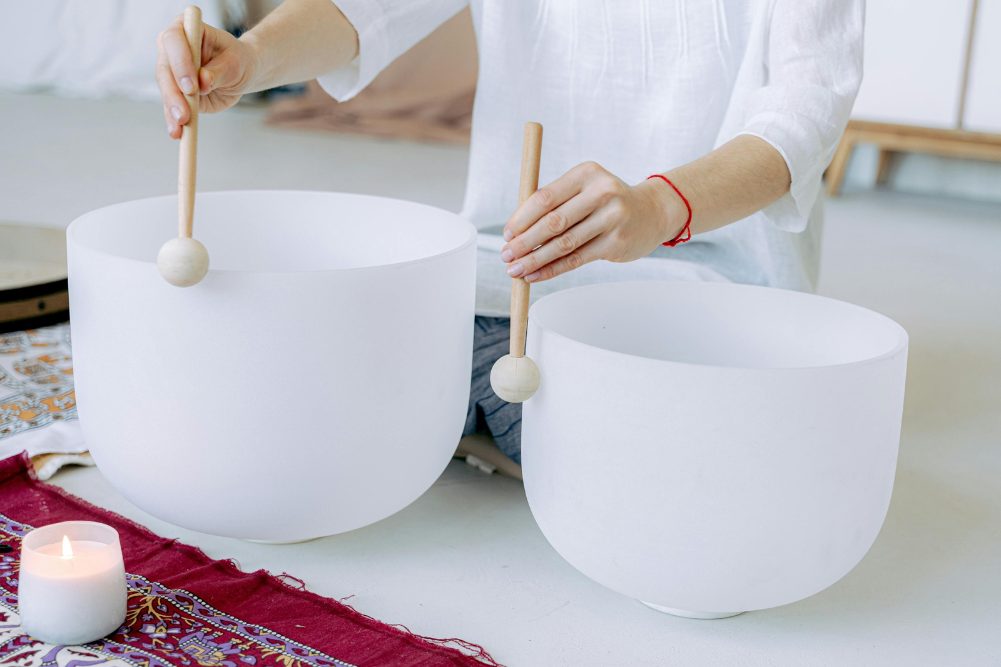Is intuition better than analytical thinking?
Do you trust your intuition? When faced with a problem to solve do you ignore your flashing moments of insight, preferring instead to carefully reason your way through the various options? In an error-phobic world the careful option is often the one we take, especially when it matters as in the work situation. However, a new study has shown that in fact you might be better off trusting that intuitive flash instead.
The new study involved a series of experiments in which subjects were faced with linguistic or visual problems. For example, a linguistic puzzle was to find the word that links ‘crab’, ‘pine’, and ‘sauce’ (the answer being “apple”). A visual puzzle might be a scrambled image with the subjects required to indicate what they think the image was depicting.
The researchers point out that deadlines create a feeling of anxiety and anxiety shifts thinking from intuitive/insightful to analytical. So while deadlines help keep people on task, if you want creative ideas a softer deadline will get better and more creative results.
Each experiment consisted of between 50 and 180 puzzles. Subjects were given 15 seconds after seeing a puzzle to provide an answer. As soon as the subject thought they had the answer they pressed a button to give that answer and then indicated whether the insight came through intuition or analytical thinking.
The results showed that in the linguistic puzzles 94 per cent of the insight/intuition answers were correct compared to only 78 per cent of the analytical responses. In the visual puzzles 78 per cent of intuitive responses were correct compared to 42 per cent of analytical responses.
In terms of timing, 34 per cent of answers given in the last five seconds were wrong compared to only ten per cent of answers given quickly. For the visual puzzles 72 per cent of answers given in the last five seconds were wrong. The majority of the answers given in the last five seconds were based on analytical thinking. The analytical thinkers were also more likely to be guessing in these last moments.
Clearly intuitive thinking is leading to better answers. The researchers point out that deadlines create a feeling of anxiety and anxiety shifts thinking from intuitive/insightful to analytical. So while deadlines help keep people on task, if you want creative ideas a softer deadline will get better and more creative results.
The researchers also noted that insightful/intuitive thinkers tend not to guess and don’t give an answer until they have a intuitive insight. Analytical thinking has its place when pathways are already clearly laid out but if you want solutions to new problems you might be better to trust your intuition.








